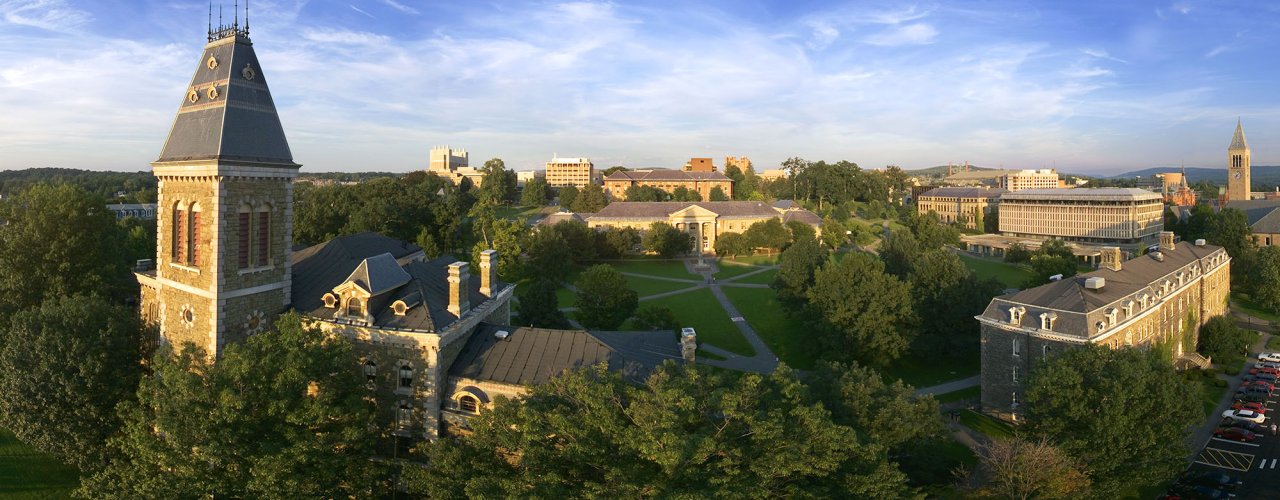Presidential Proclamation "Putting American Workers First"
Dear international students, staff, and faculty,
As you probably know, the White House just issued a new Executive Order on immigration. The White House is attempting to limit immigration to hold jobs for U.S. citizens, even though considerable data suggests that this is misguided. International students and scholars contribute significantly to the U.S. economy and society. University and business leaders across the country have advocated for our international staff and students. We want you to know that we firmly believe that an international community is essential to educating the brightest, solving critical global problems, reducing international tension, and facilitating empathy and leadership across nations.
Important information about the Executive Order:
The Executive Order (EO) goes into effect on June 24, 2020.
The EO does NOT affect F-1 or J-1 students. The EO also does NOT affect OPT or CPT.
What the EO does do:
Suspends entry to the U.S. and new visas, through December 31, 2020, for:
- H-1B temporary workers and H4 family members
- J visa, to the extent the alien is participating in an intern, trainee, teacher, camp counselor, au pair, or summer work travel program, and any of their J-2 family members (Cornell’s J-1 Exchange Visitors are students, student-interns, short-term scholars, professors, and research scholars. These categories of J are not impacted by the order).
- an L visa, and any family members (not relevant as far as we know, as Cornell does not have any L-1 intra-company transferees).
This order does not apply to those outside the U.S. who are already in possession of a valid U.S visa on the effective date of the proclamation.
Information on the previous Executive Order, dated May 29, 2020.
At this time, we have limited details on the previous EO, which suspended the entry of certain students from the People’s Republic of China if they “implemented or supported” China’s “military-civil fusion strategy.”
We know that the EO will be implemented at the Consular level – meaning that consular officers will be assessing visa applications for F-1 and J-1 graduate students and post-graduate researchers to determine if they are (or have been) affiliated with an institution connected to China’s Military Civil Fusion (MCF) strategy. If an affiliation is found, the consular official will next determine whether the field of study is one related to U.S. national security concerns. If both are true, the consular officer may deny the visa under the terms of 212(f) of the Immigration and National Act.
Unfortunately, the U.S. Department of State will not make public the list of institutions or the fields of study that will be used in order to make visa determinations, but they anticipate that this targeted approach will not impact the majority of visa applicants.
As these executive orders move forward, the International Services (IS) team and the Federal Relations office will be monitoring closely and we will post regular updates if new information comes in. Please email us with questions or check the IS site for updates.
All our best in these challenging times,
Wendy Wolford, vice provost for international affairs
Brandon Lanners, Executive Director, Office of Global Learning
Laura Taylor, Senior Associate Director, International Services

